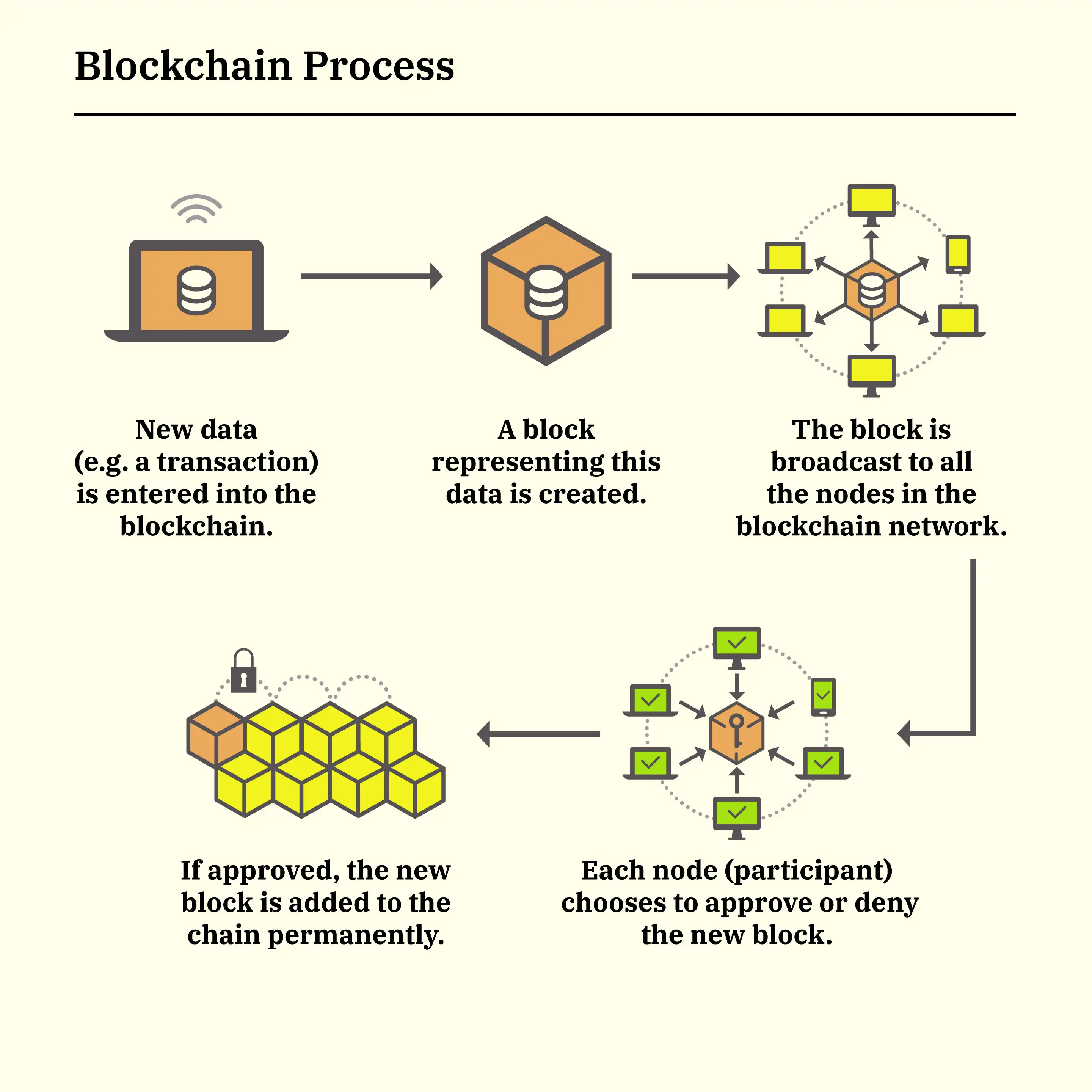Smart Contracts Explained in Cryptocurrency

Share this article
In the world of cryptocurrency, one of the most exciting innovations is the concept of smart contracts. But what exactly are they, and why should you care? Understanding smart contracts can help you navigate the increasingly digital economy and make informed decisions about your investments. This article will break down what smart contracts are, how they work, and provide real-world examples.
What is a Smart Contract?
A smart contract is a computer program that automatically executes, controls, or documents legally relevant events and actions according to the terms of a contract. Think of it as a digital agreement between parties, enforced by code rather than by a lawyer or a judge.
Here are the key features of smart contracts:
-
Self-Executing: They automatically carry out actions when predefined conditions are met.
-
Immutable: Once deployed, the code cannot be changed, ensuring trust among parties.
-
Transparent: All transactions are recorded on a blockchain, making them visible and verifiable.
How Do Smart Contracts Work?
Smart contracts run on blockchain technology, which is a decentralized digital ledger. Here’s a simple breakdown of how they work:
-
Coding: A developer writes the terms of the contract in code.
-
Deployment: The smart contract is uploaded to the blockchain.
-
Execution: When the conditions coded into the contract are met, the contract executes automatically.
-
Verification: The transaction is recorded on the blockchain, providing a transparent and permanent record.
For instance, imagine you want to buy a car from a friend. Instead of writing a paper contract and relying on a notary, you could use a smart contract that specifies:
-
You will pay $10,000 in cryptocurrency.
-
The transfer of the car’s ownership will happen once the payment is confirmed.
Once you send the payment, the smart contract automatically transfers ownership of the car to you. This eliminates the need for middlemen and reduces the chance of fraud.
Real-World Examples of Smart Contracts
1. Insurance Claims
Imagine a travel insurance company that uses smart contracts. If a flight is canceled, the smart contract can automatically verify this information via an API (Application Programming Interface) and trigger a payout to the insured passenger without any paperwork. This speeds up the claims process and minimizes administrative costs.
2. Real Estate Transactions
In real estate, smart contracts can simplify property sales. When a buyer and seller agree on a price, a smart contract can be created to hold the buyer's deposit. Once all conditions are satisfied (like inspections and financing), the contract can automatically transfer the funds to the seller and the property title to the buyer. This reduces the need for escrow services and makes the process faster and more transparent.
3. Supply Chain Management
Smart contracts can also enhance supply chain management. For example, a company might use a smart contract to track the shipment of goods. The contract could automatically release payment to the supplier once the goods are delivered to the specified location. This reduces delays and improves trust between parties.
Advantages of Smart Contracts
Smart contracts come with several benefits:
-
Efficiency: They automate processes, eliminating the need for intermediaries like lawyers.
-
Cost-Effective: By reducing the need for middlemen, they can save time and money.
-
Security: The use of blockchain technology makes transactions secure and tamper-proof.
-
Accuracy: Automatic execution reduces the risk of human error.
Challenges of Smart Contracts
While smart contracts offer many advantages, they also face challenges:
-
Complexity: Writing smart contracts requires programming skills, which may not be accessible to everyone.
-
Legal Recognition: The legal status of smart contracts can vary by jurisdiction, creating confusion.
-
Bugs and Vulnerabilities: Coding errors can lead to unintended consequences, as seen in high-profile hacks.
Conclusion
Smart contracts represent a significant step forward in how agreements are made and executed. By automating processes and eliminating the need for intermediaries, they have the potential to reshape industries from finance to real estate. However, as with any technology, it’s essential to understand their limitations and risks.
As you explore the world of cryptocurrency, knowing about smart contracts will not only enhance your understanding but also empower you to make better decisions. Whether you’re a potential investor or simply curious about blockchain technology, smart contracts are a fundamental concept worth mastering.
